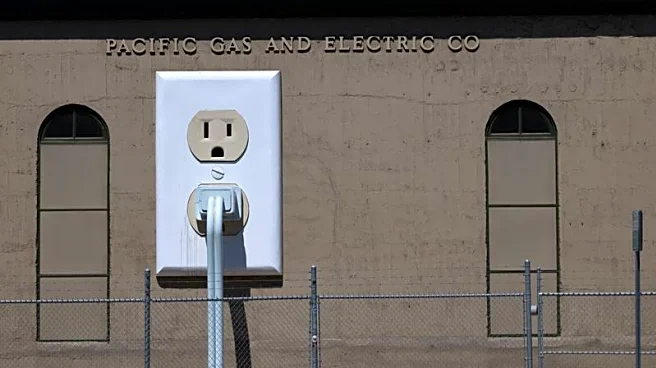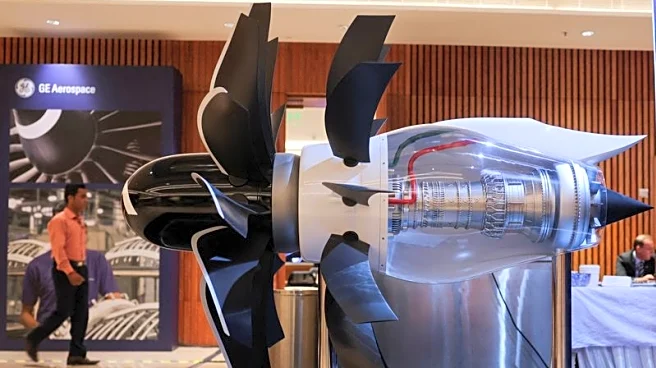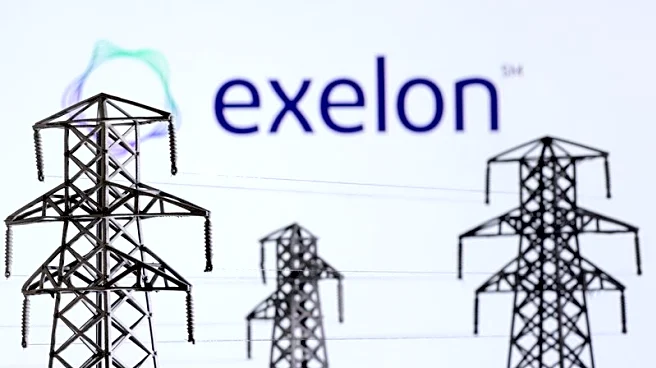What's Happening?
The copper industry is experiencing significant disruptions due to environmental, social, and governance (ESG) roadblocks, affecting approximately 6.4 million tons of copper capacity, which constitutes about a quarter of global output. Major projects such as Resolution Copper in the U.S., La Granja in Peru, and El Pachón in Argentina are stalled due to political and environmental concerns. These issues are compounded by operational setbacks at key mines like Codelco in Chile and Freeport-McMoRan's Grasberg mine in Indonesia. The situation is further complicated by political instability, such as midterm elections in Argentina, which have paused mining investments. Despite these challenges, Zambia is emerging as a potential leader in copper production, aiming for a record output of one million tons this year.
Why It's Important?
The disruptions in the copper industry have significant implications for global supply chains and the energy transition, as copper is a critical component in renewable energy technologies. The ESG challenges highlight the need for stronger governance and sustainable practices in mining operations. The stalled projects and operational setbacks could lead to increased volatility in copper prices, affecting industries reliant on copper for manufacturing and infrastructure development. Zambia's potential rise as a major copper producer could shift the balance in global copper supply, offering an alternative source amid the current constraints.
What's Next?
The copper industry may see increased investment in countries like Zambia, which are less affected by ESG constraints. Companies may need to engage more deeply with local communities and governments to resolve existing roadblocks. The political landscape in copper-rich nations will play a crucial role in determining future investments and project developments. Stakeholders in the industry will likely focus on enhancing sustainable practices to mitigate ESG-related disruptions.
Beyond the Headlines
The ESG challenges in the copper industry underscore the broader trend of increasing regulatory scrutiny in resource extraction. This could lead to long-term shifts in how mining companies operate, prioritizing sustainability and community engagement. The situation also raises ethical questions about balancing economic development with environmental preservation and social responsibility.










